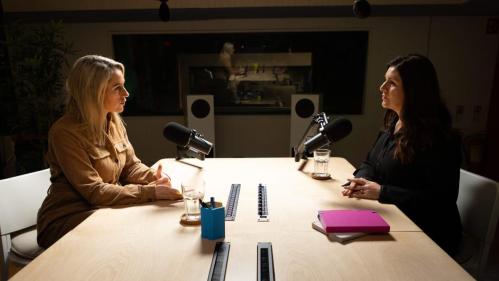When it comes to babies and toddlers and medication, getting things wrong can lead to serious, or even tragic results. The best way to be sure that you’re getting the dosage, medication and administration right is to get any advice on medication from a professional – either your doctor or a pharmacist.
When you speak to a doctor or pharmacist, give them all the details – your child’s age, any allergies, any other medications your child is on, and anything else you can think of. Also take note of their instructions – some medications need to be taken on an empty stomach, and some after meals. Some will react with certain foods, and some may have side effects you need to watch out for.
When you use over the counter medication on your child (which should be the exception, and not the rule) always speak to a doctor or pharmacist about them first. They may not be safe, or there may be specific instructions you need to follow.
Another critical factor is to make sure that you read dosage instructions properly. Make sure that you’re not seeing a decimal or fraction as a whole number for instance. You may also need to take into account your child’s weight or age when calculating dosages, and make sure that you have the correct measuring spoons, droppers and syringes to measure the exact dosage.
Don’t give infant medication to older children in using standard ‘older children’ dosage – infant medication can often be concentrated, and a dose for a larger child may be far too high. Also, if you combine giving medications with your partner or other adult, have a place to write down what you have given and when, so that your child is not accidentally overdosed.
When your child is prescribed antibiotics, make sure that you complete the course. If you don’t, you may just be opening your child up to re-infection, this time with a drug resistant bacteria!
Never use adult medication on children. Even innocuous seeming medications like aspirin can lead to serious medical conditions like Reye’s Syndrome.
As you can see, there’s plenty to consider when you’re medicating a child. Make sure you always err on the side of caution, and when in doubt, refer to a medical professional.
When you speak to a doctor or pharmacist, give them all the details – your child’s age, any allergies, any other medications your child is on, and anything else you can think of. Also take note of their instructions – some medications need to be taken on an empty stomach, and some after meals. Some will react with certain foods, and some may have side effects you need to watch out for.
When you use over the counter medication on your child (which should be the exception, and not the rule) always speak to a doctor or pharmacist about them first. They may not be safe, or there may be specific instructions you need to follow.
Another critical factor is to make sure that you read dosage instructions properly. Make sure that you’re not seeing a decimal or fraction as a whole number for instance. You may also need to take into account your child’s weight or age when calculating dosages, and make sure that you have the correct measuring spoons, droppers and syringes to measure the exact dosage.
Don’t give infant medication to older children in using standard ‘older children’ dosage – infant medication can often be concentrated, and a dose for a larger child may be far too high. Also, if you combine giving medications with your partner or other adult, have a place to write down what you have given and when, so that your child is not accidentally overdosed.
When your child is prescribed antibiotics, make sure that you complete the course. If you don’t, you may just be opening your child up to re-infection, this time with a drug resistant bacteria!
Never use adult medication on children. Even innocuous seeming medications like aspirin can lead to serious medical conditions like Reye’s Syndrome.
As you can see, there’s plenty to consider when you’re medicating a child. Make sure you always err on the side of caution, and when in doubt, refer to a medical professional.






